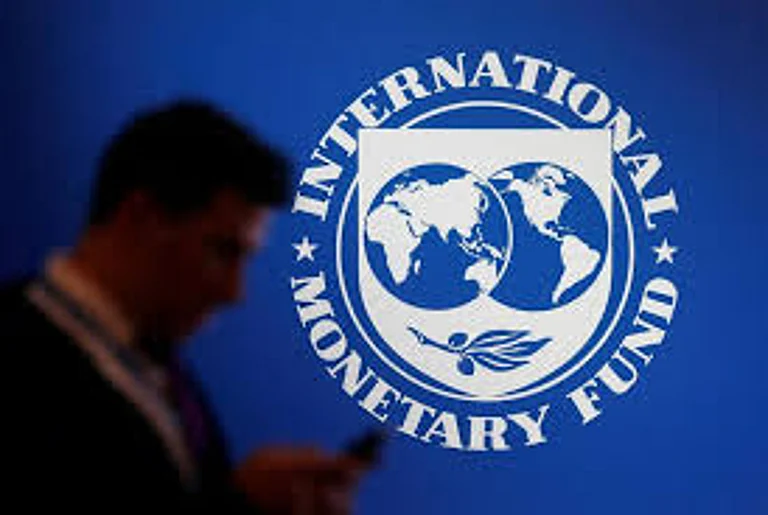As the power struggle between Ratan Tata & Cyrus Mistry gets intense, it’s becoming hard to distinguish between friends and foes. Nusli Wadia, chairman of Bombay Dyeing, a long-term Tata group companion, who sits on the boards of Tata companies like Tata Steel, Tata Chemicals and Tata Motors is being ousted from the boards of these companies as his decision, as independent director in Tata Chemicals, to back Mistry has not gone down well with Tata Sons.
This comes as a bit of surprise since Wadia has had a long association having got on to Tata Steel’s board in 1979 followed by Tata Chemicals two years later and Tata Motors in 1998. Known to be very close to Ratan Tata, Wadia, according to old-timers, was offered the chairmanship of Tata Sons in the late 1980s. This was when the search for a successor to JRD Tata was underway. Wadia is said to have turned it down. That position eventually went to Ratan Tata and Wadia is known to have stuck with him during many a difficult phase, that included handling the satraps in the early 1990s.
This was just after RNT had taken charge of the group and dealt with dissent especially from those like Russi Mody and Darbari Seth, prominent executives who had been with the group for a long time and had thrived under JRD. In the late 1990s, Wadia was with Tata during the Tata Tea-ULFA crisis in Assam. Wadia’s sensitive telephonic conversations with both the politico and corporate heavyweights to resolve the problem made its way to the media causing some serious embarrassment.
It transpires that Tata and Wadia have fallen out, perhaps sometime ago, with the recent decision of the latter to back Mistry not having struck the right note at Bombay House, the Tata group headquarters. For Wadia, who also owns Britannia and Go Airlines, a slugfest is not unfamiliar territory. Known for his high-profile war against Dhirubhai Ambani in the 1980s for control over India’s textile industry, more recently, he was involved in a nasty spat with Danone for control of Britannia before having his way. The situation is markedly different this time since Wadia’s role is no more than that of an independent director. However, known to be the godson of JRD Tata, this is an awkward situation for Wadia.
But it’s an equally awkward situation for Ratan Tata who has had to face the embarrassment of the Indian Hotels’ board backing Cyrus Mistry in a dramatic turn of events. As a pre-emptive move, Tata Sons moved quickly to remove Mistry as chairman of Tata Consultancy Services (TCS), the group’s crown jewel, replacing him with Ishaat Hussain, a group loyalist, who, curiously, abstained from voting for Mistry’s sacking at the controversial Tata Sons board meeting in October. Hussain is on the board of several group companies like Tata Steel, Voltas and Tata Sky. In June 2010, interestingly, he joined the board of the Wadia Group-owned Bombay Dyeing. His position in Bombay Dyeing gets intriguing at a time when Wadia is in the news for having backed Mistry.
New battle lines continue to be drawn in the battle between Tata Sons and its ousted chairman, Cyrus Mistry. As board meetings of crucial companies Tata Steel and Tata Motors approach, the fight will only get thicker. How the boards handle this power struggle will be the ultimate test of governance at not just the Tata Group but of the best you have in India.









 Just one email a week
Just one email a week